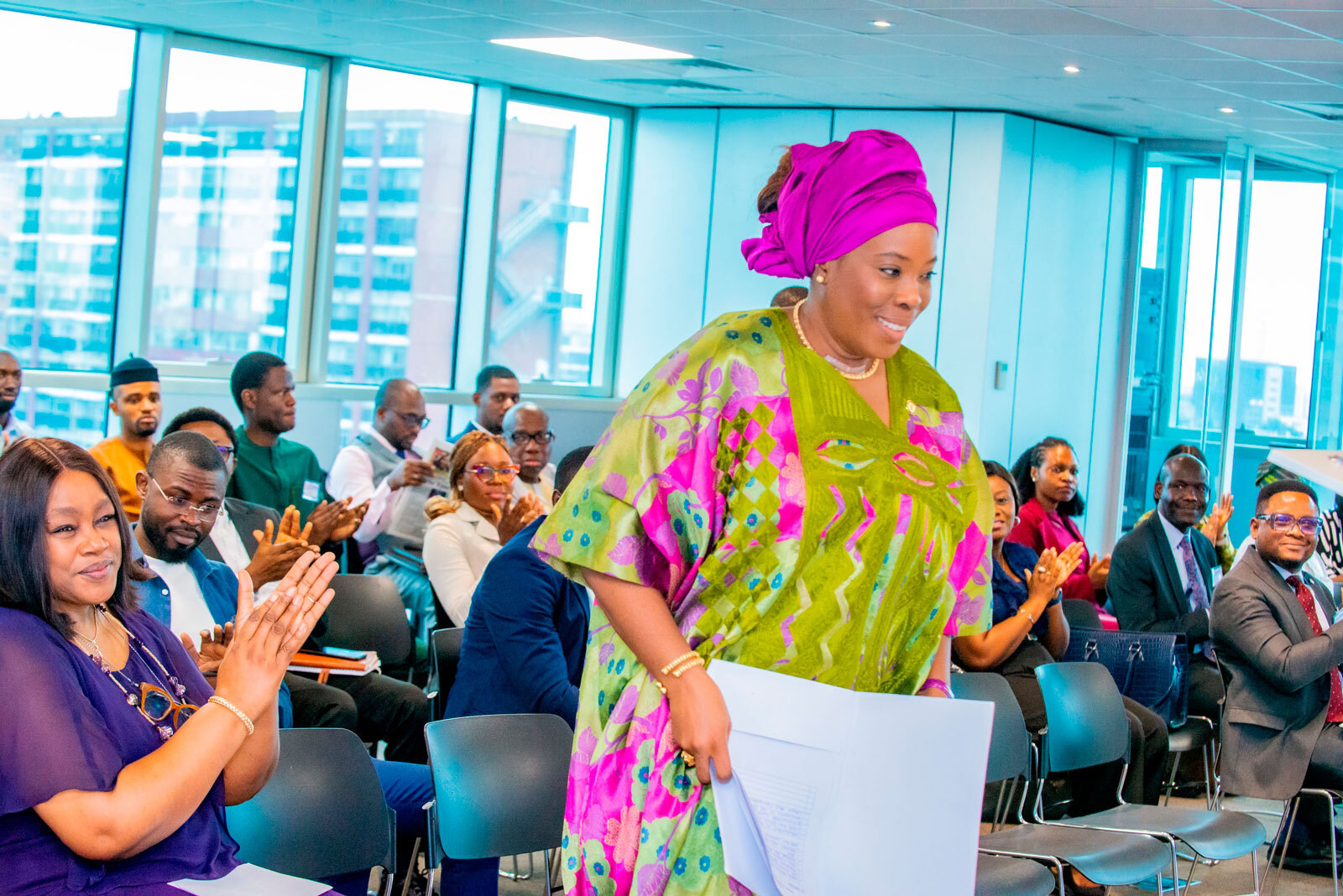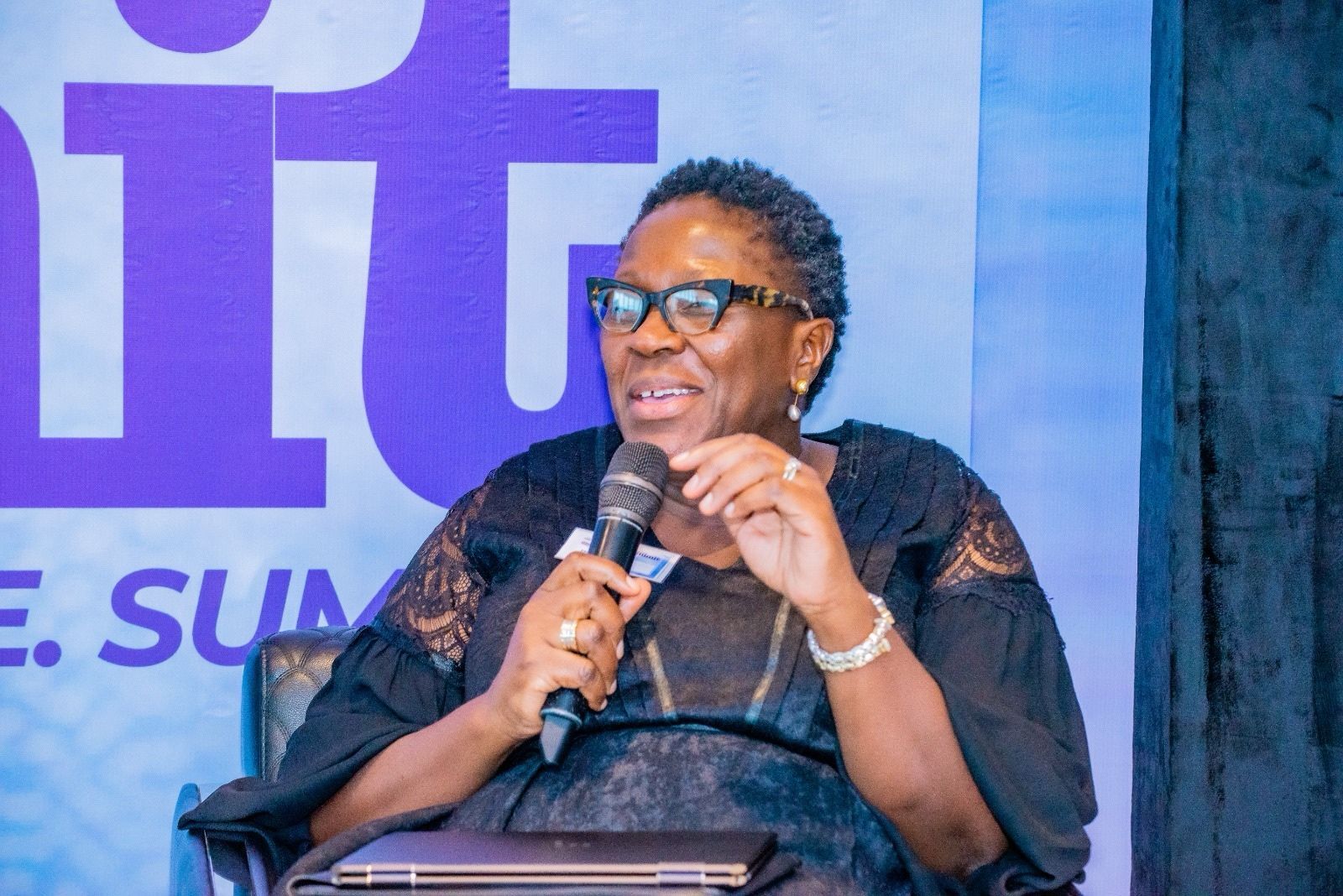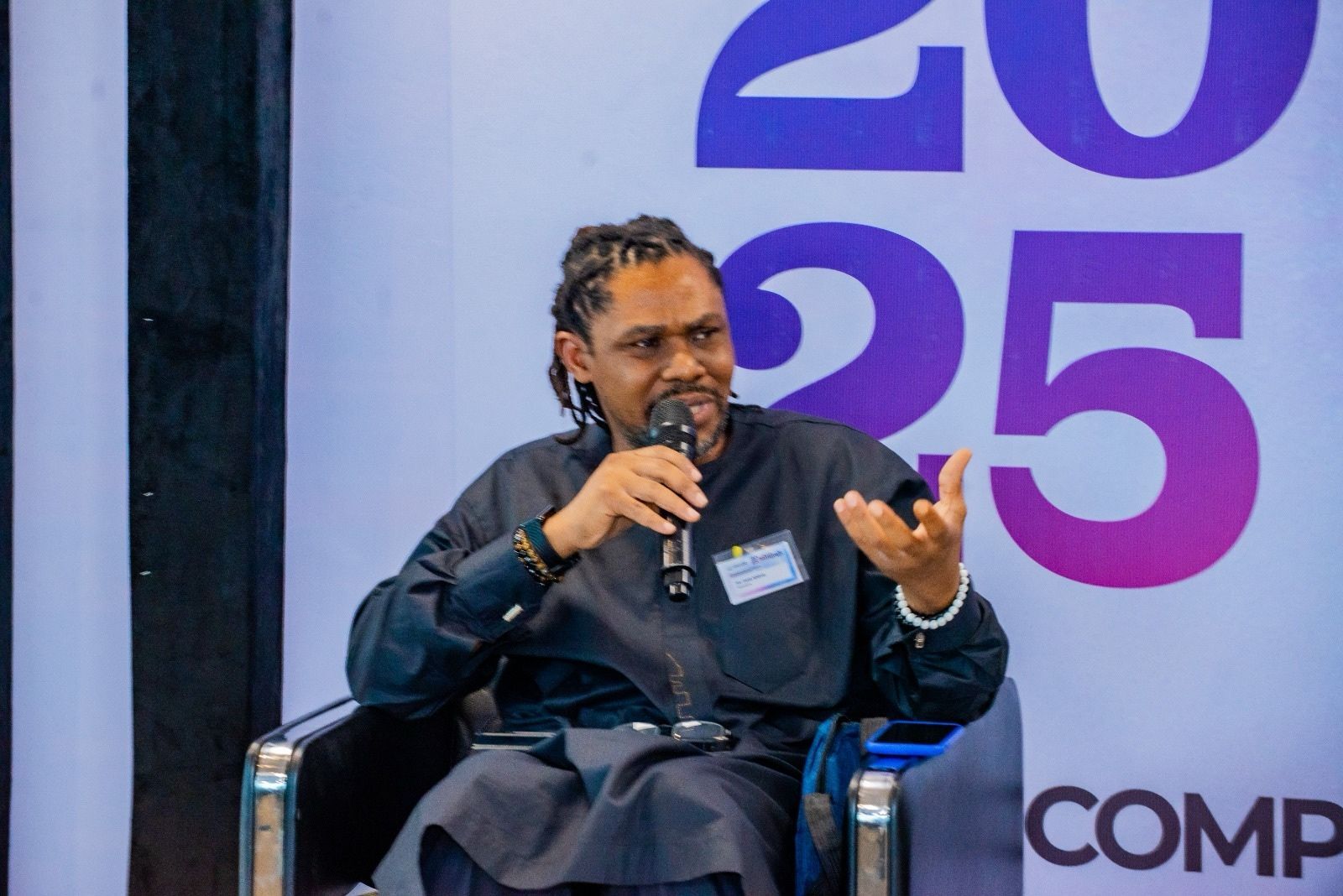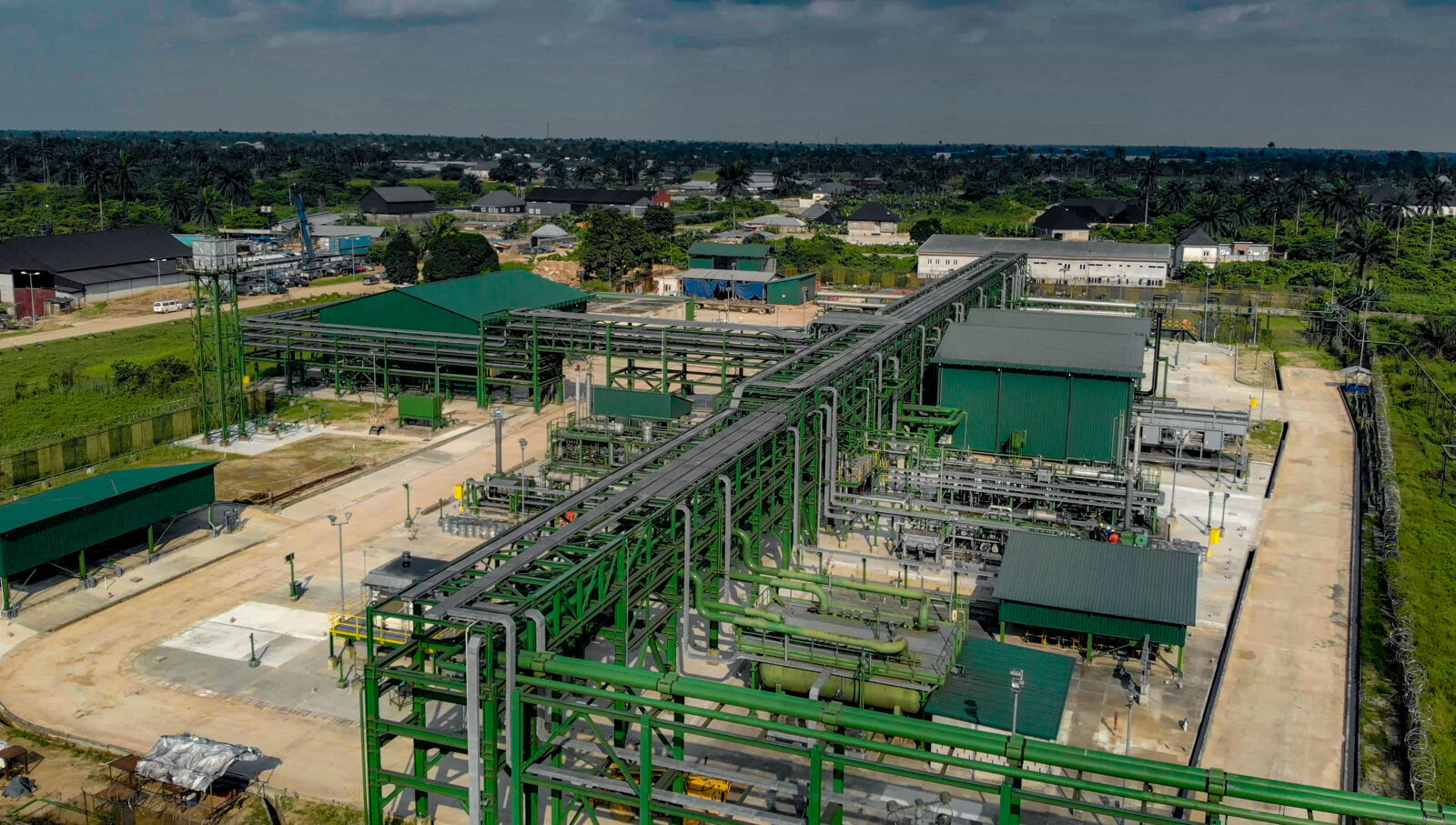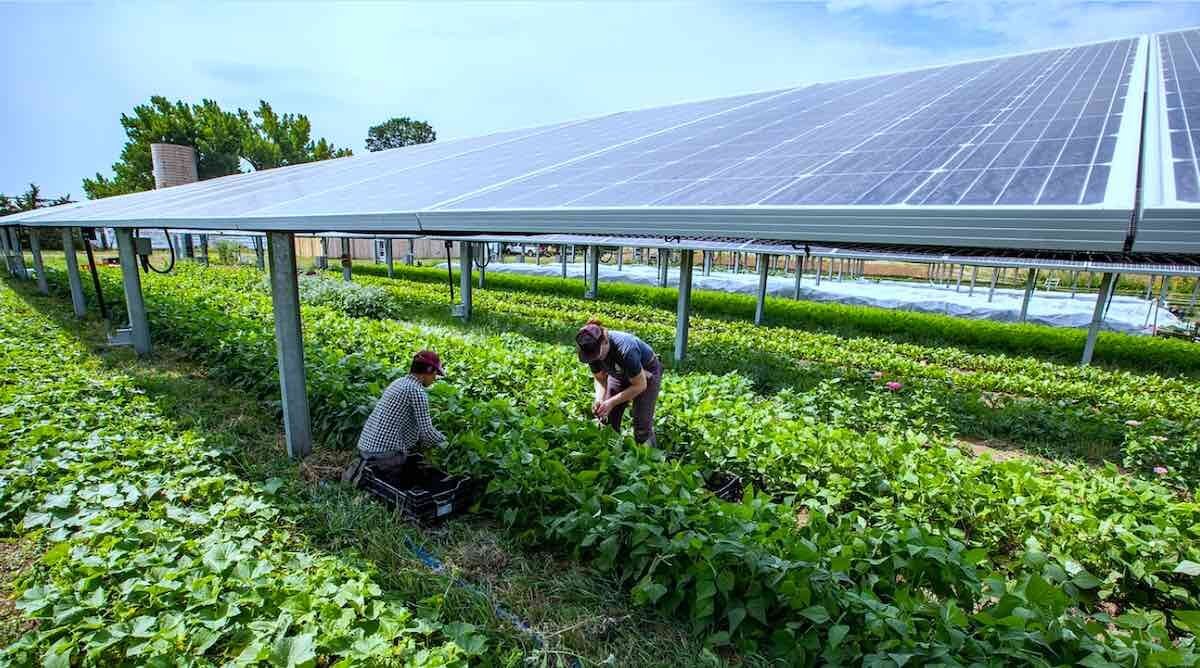UUBO ICE 2025, themed Compliance Culture and Consequence: The Blueprint for Corporate Integrity, featured the panel Global Rules, Local Realities: Rethinking ESG Compliance in African Markets. One of the speakers cautioned that post‑January 20, 2025, Nigerian firms must craft authentic, locally standardised ESG narratives instead of copying foreign templates.
Why it matters now
As policy signals shift and scrutiny intensifies, companies embracing authentic ESG, which are grounded in local realities, will build resilience faster than those merely following external standards.
This was the highlight at a high‑level session on “Global Rules, Local Realities: Rethinking ESG Compliance and Corporate Integrity in African Markets.” speakers converged on four imperatives: get local, get proportional, build on existing controls, and engage stakeholders early and often.
Tinuade Awe, CEO of TMSN Limited, advised firms to “stop tying ESG to capital,” instead define material risks and opportunities in their own environments, then report progress transparently over time.
Frameworks, flexibility, and governance
Moira Thompson Oliver, Head of Business and Human Rights at Slaughter and May, grounded the debate in recognised baselines, the UN Guiding Principles and OECD Guidelines. Emphasising that adaptability and proportionality are already embedded. She noted EU sustainability rules are themselves being renegotiated amid concerns about economic burden and uncertainty for business.
Her practical counsel: don’t build a new ESG bureaucracy; adapt anti‑fraud, anti‑bribery, and due diligence systems, strengthen oversight through audit and sustainability committees, and invest in culture so governance and behaviour align.
Bottom‑up pathways and risk clarity
Olumide Lala, Executive Director & Co‑Founder of Climate Transition Limited and Managing Partner/CEO at Barton Heyman Limited, reflecting on Nigeria’s 2017 sovereign green bond and early “one‑size‑fits‑all” pressures, urged a bottom‑up approach: “Use what you have to develop what you want,” sequencing toward global standards while fixing infrastructure, data quality, and skills gaps that undermine credible reporting.
He drew a line between climate financial risk and broader ESG reporting, highlighting that access to finance still hinges on how well companies identify and manage material sustainability risks over the short, medium, and long term.
Data ownership, metrics, and pacing
Oludamilare Adesola, an Associate Director at Control Risks, called data a stubborn obstruction, pressing for clear internal ownership because “everybody’s job is nobody’s job,” urging a pivot from lofty pledges to practical metrics, such as water and paper use, grievance handling, whistleblowing, and HSE reality checks along the value chain, not just when inspectors arrive.
Policy pacing matters too: Nigeria’s ISSB Adoption Roadmap (early adopters from 2023 through beyond 2030), ISSB’s flexibility to report on S2 first, and staged assurance that initially excludes Scope 3 and full scenario analysis were flagged as pragmatic gradients for filers and assurers.
Starting now helps firms stabilise capital costs, build stakeholder trust, and compete globally, especially when ESG reporting reflects true operations and culture, not just paperwork or regulatory obligations.
Companies that define their “why,” map material issues, set KPIs, and invest in people‑process‑technology capacity will be better insulated from policy whiplash and positioned to win long‑term mandates and partnerships.
The role of public leadership
The panel noted that government signalling can unlock scale. Using Gabon’s “Green Gabon” and South Africa’s mining transition, it was highlighted that public‑sector leadership helps de-risk supply chains while balancing jobs and livelihoods, and this should be used as a guide by Nigerian policymakers for priority sectors.
“The flexibility is already there,” Moira stressed; the assignment now is to use it well, locally and proportionately, before external requirements arrive by contract or regulation.
Delaying ESG action exposes companies to surprise regulation, tougher financing, and credibility risks as stakeholders demand real, auditable value-chain data.
What to do next
- Start with a baseline: assess where the company stands today on material Environmental/Economic, Social, and Governance (ESG) risks; then phase improvements with clear KPIs over 3–5 years, reporting transparently as capacity grows.
- Build on what works: adapt antifraud, anti‑bribery, and third‑party due diligence systems for ESG, reinforce board oversight, and invest in culture so policies translate into daily practice.
- Fix data ownership: appointing a named internal lead coordinating metrics, supplier audits, grievance tracking, and HSE verification across the chain, not just at headquarters.
- Use the policy window: engage Financial Reporting Council (FRC), Nigeria Economic Summit Group (NESG) and other professional bodies, rather than waiting for standards to “arrive”.
- Tell the African story: report what’s truly material, financial inclusion, worker safety, community impact, realistic transition pacing, and decouple ESG from a single‑minded hunt for capital.
As Olumide put it, collaboration, capacity, and clarity of destination are non‑negotiable. The journey begins by knowing precisely where the organisation stands today. And in Tinuade’s words, this is the moment to shape standards that fit African markets.

